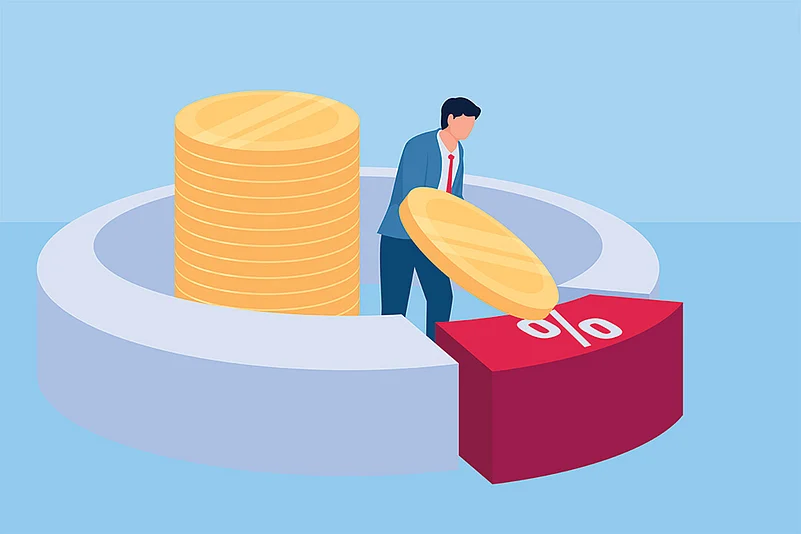When a public limited company earns profit, it can either reinvest that money back into the business or share a portion of it with its shareholders. This is typically done through paying dividends, or rewarding investors with bonus shares. To receive dividends or bonus shares, investors need to be on the company’s books as shareholders within the record date, which is the cut-off date to finalise who the shareholders are. Since stock market trades take a day to settle, investors need to buy the stock before the ex-dividend date, which is typically one business day before the record date, to be eligible for the offer.
While both corporate actions benefit shareholders, they have different roles in a shareholder’s portfolio.
What Are Bonus Shares?
Bonus shares are additional shares issued to existing shareholders free of cost in a fixed ratio. For instance, in a 2:1 bonus, shareholders receive 2 extra shares for every 1 share held. If they own 10 shares, they will get 20 more, raising their total shareholding to 30.
However, the total value of the investor’s holding remains unchanged as the share price adjusts proportionally.
Bonus shares are funded by converting the company’s free reserves or surplus profits into share capital.
Companies issue bonus shares mainly to make their stock more affordable and attractive to investors. A company issuing bonus shares also signals its strong financial health and confidence in its future earnings.
What Are Dividends?
Dividends are direct payments made to the shareholders.
For example, if a Rs 2 dividend per share is declared and you own 100 shares of that company, you will receive Rs 200.
Dividends are paid from the company’s net profits or accumulated free reserves. Unpaid profits are transferred to free reserves for reinvestment or potential future bonus issues.
After a dividend is declared, the stock price usually drops by the dividend amount on the ex-dividend date.
Companies pay dividends as a way to return surplus profits to shareholders. It also signals surplus cash and financial stability and helps attract income-focused investors.
Tax Treatment
Dividends are taxed as part of your total income, based on your applicable income tax slab rates.
This means that shareholders in the higher tax brackets can face substantial increase in the tax paid, depending on the amount. Shareholders in lower tax brackets may not get affected, especially under the new tax regime, where the rebates are higher.
Bonus shares are not taxed when issued, but are subject to capital gains tax when sold. If they are sold within a year, you pay short-term capital gains tax at 20 per cent.
Selling bonus shares after a year attracts long-term capital gains tax at 12.5 per cent, on gains exceeding Rs 1.25 lakh in a financial year.














